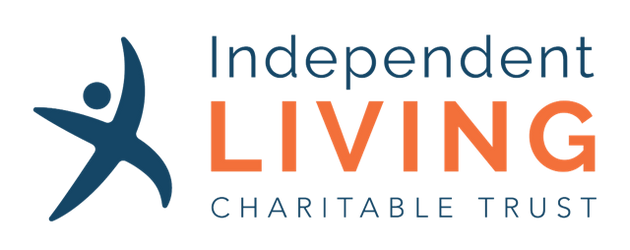
Paula Tesoriero, CEO Whaikaha/Ministry of Disabled People
Independent Living were lucky enough to recently host the CEO of the newly created Ministry of Disabled People when she gave a presentation to the DIAS Collective (Auckland). DIAS stands for Disability Information and Advisory Service, and the Auckland Collective range from conditions support groups such as Cerebral Palsy and Muscular Dystrophy through to groups designed to support disabled people access information on housing, employment, social and health services as well as equipment funding.
Here are the highlights from her speech.
Paula’s Background
Paula Tesoriero was appointed CEO in September 2022, only a couple of months after the establishment of Whaikaha/Ministry of Disabled People.
A Paralympian in cycling, Paula was the Disability Rights Commissioner for the past 5 years. Her key role during that time was to advocate for better support and change in how New Zealand treats the needs of disabled in New Zealand, ensuring they have equitable representation, free of discrimination.
She therefore came to this newly created role with an in depth understanding of issues facing the disabled community. She made the jump into this role as she recognizes most success comes from the ability to influence and make change from within an organisation, versus her previous role of advocating.
What does her new role entail?
The merging of the Office of Disability Issues plus the previous Ministry of Health Disability Services was always going to be a mammoth task, but one she relishes – and believes will create simpler and better outcomes for all New Zealanders living with a form of disability.
Her role is to deliver on the mandate of “transforming the lives of disabled New Zealanders” – whilst also establishing a new ministry with a culture that empowers staff to deliver on the mandate. Key to this is the philosophy of EGL or Enabling Good Lives – a set of principles and a fresh way of empowering disabled people to have more choice and control on how they live their lives. There are two key workstreams within the new Ministry to enable this:
- Creating new policies or adapting old ones that will better transform lives
- Influencing other agencies and ministries – such as housing, employment, transport, and education to also commit to positive change and adapt the EGL principles
Helping guide this implementation are 3 founding reviews that must be considered in all policy making:
-
The Royal Commision of Inquiry into Abuse in State Care
- which will help inform the support and services the state needs to proactively provide and how to safeguard the vulnerable
-
UN Rights of the Disabled Review
- which provided 16 recommendations for NZ to respond to over the next 10 years
-
Waitangi Tribunal ‘Whaikaha Māori’ review into how disabled Māori have been adversely affected
- This review has just commenced as part of the Tribunal and provides a unique set of considerations for the tribunal applying to all disabled Māori regardless of iwi affiliation.
How on earth is Paula and her tiny, newly formed Ministry going to achieve all this?
The reality is it takes time to create a new ministry with a new mandate. Whaikaha needs to recruit the right people with the experience and the vision to deliver the mandate, create new systems and processes or transform the inherited ones, develop the multiple policy streams for Government endorsement - and then start communication to the huge set of government, NGO, and community stakeholders. All whilst keeping 1 million disabled New Zealanders and families at the heart of all consideration.
Half the new Ministry’s budget currently goes on residential care, with the remainder on child and community care, and respite.
Paula’s challenge is three-fold:
- How to provide a service more reflective of the evolving needs and volume of disabled people.
- Increasing the EGL rollout, through more connectors, regional networks of disabled people and appropriate local and national support services.
- The nationwide shortage of support and care Workforce: working with other health entities who are also grappling with the same issues, ensuring cohesion and support rather than competing for the same small pool of health workers.
How will Paula know she has achieved her goal?
Paula identified 4 key outcomes the team will focus on:
- The rollout of Enabling Good Lives – the philosophy and principles are well understood AND a robust process is developed to deliver it.
- People in residential care can have more choice/control and some elements of EGL.
- Systems and process development that is functional, cost-effective and delivers speed and service to the end user
-
Mechanisms to ensure people who don’t currently qualify within the system are not left behind
- At present 45,000 disabled people qualify for funding, yet it is estimated up to 1 million New Zealanders live with a form of disability. Many may not require funding – but may be currently missing out on other forms of support.
